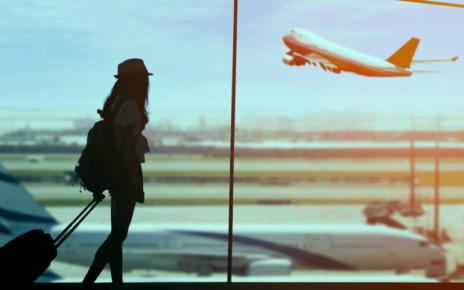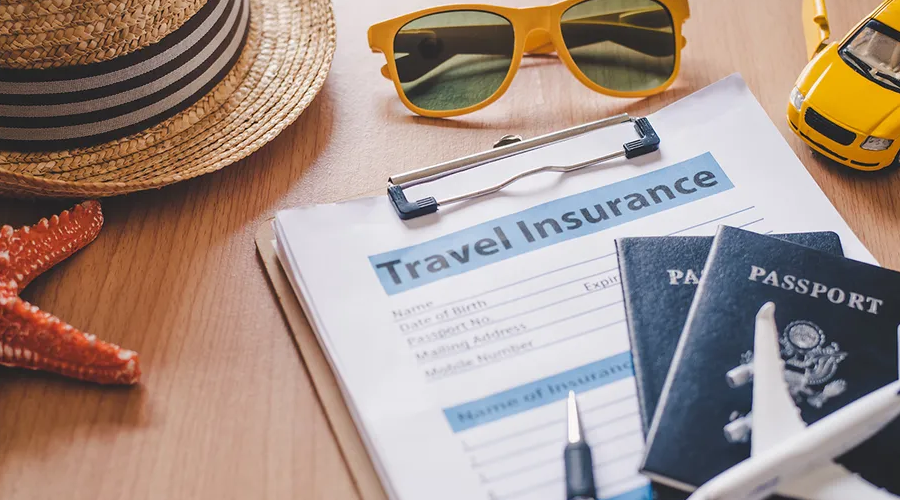 Artificial intelligence is revolutionizing the travel industry, making trip planning more efficient, personalized, and cost-effective. AI-powered travel agents are rapidly replacing traditional travel agencies, providing instant recommendations, dynamic pricing, and real-time adjustments for travelers worldwide. Here’s how AI-driven travel technology is reshaping the way we explore in 2025.
Artificial intelligence is revolutionizing the travel industry, making trip planning more efficient, personalized, and cost-effective. AI-powered travel agents are rapidly replacing traditional travel agencies, providing instant recommendations, dynamic pricing, and real-time adjustments for travelers worldwide. Here’s how AI-driven travel technology is reshaping the way we explore in 2025.
1. Personalized Travel Itineraries
AI-powered travel platforms use machine learning to analyze user preferences, past trips, and online behavior to create highly personalized travel itineraries. Whether you prefer adventure travel, luxury getaways, or budget-friendly vacations, AI tailors recommendations to suit your style.
2. Smart Pricing and Cost Optimization
AI-driven algorithms scan thousands of travel websites to find the best deals on flights, hotels, and rental cars. Platforms like Hopper and Google Flights predict price changes and notify users when it’s the best time to book, ensuring maximum savings.
3. Virtual Travel Assistants
AI chatbots and virtual assistants like Expedia’s Virtual Agent and Kayak’s AI chatbot provide 24/7 travel assistance. From booking changes to local restaurant recommendations, these AI-powered agents offer real-time support throughout your journey.
4. AI-Powered Language Translation
Language barriers are no longer a problem for travelers, thanks to AI-powered translation apps like Google Translate and iTranslate. These tools enable seamless communication with locals, improving travel experiences worldwide.
5. Predictive Weather and Travel Disruption Alerts
AI monitors weather conditions and potential travel disruptions, alerting travelers about delays, cancellations, and alternative routes. Apps like The Weather Channel AI and FlightAware help travelers stay ahead of disruptions and adjust plans accordingly.
6. AI-Powered Hotel and Airbnb Recommendations
AI uses customer reviews, real-time pricing, and user preferences to suggest the best accommodations. Platforms like Airbnb’s AI-driven Smart Pricing and Booking.com’s AI recommendations ensure travelers get the best stays at the best prices.
7. Enhanced Security and Fraud Prevention
AI-driven security systems detect fraud and ensure safe transactions for travelers. Credit card companies and booking platforms use AI to identify suspicious activity, providing an extra layer of protection for travelers.
8. Seamless Airport and Check-in Experiences
Airports are leveraging AI for facial recognition, biometric check-ins, and automated security screenings. AI-powered kiosks and contactless boarding systems make airport experiences faster and more convenient.
9. Sustainable and Eco-Friendly Travel Planning
AI helps travelers make eco-conscious decisions by analyzing carbon footprints, recommending sustainable hotels, and optimizing travel routes to reduce emissions. Platforms like Google Travel’s Carbon Footprint Calculator help travelers choose greener options.

10. AI-Enhanced Augmented Reality (AR) Travel Experiences
AI and AR are merging to create immersive travel experiences. Apps like Google Lens and AR-powered city guides offer real-time historical insights, restaurant reviews, and navigation overlays to enrich exploration.
.png)
Final Thoughts
AI-powered travel agents are transforming the way we plan and experience trips. With personalized recommendations, cost-saving strategies, and real-time travel assistance, AI is making travel more seamless and enjoyable than ever before. As AI technology continues to evolve, expect even more innovations in the travel industry by 2025.



